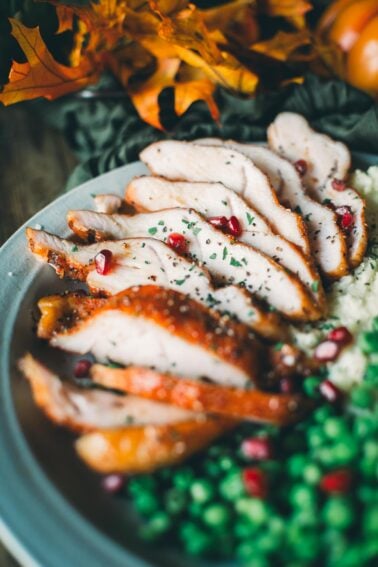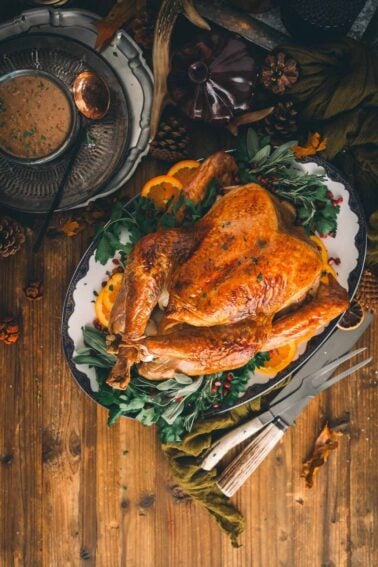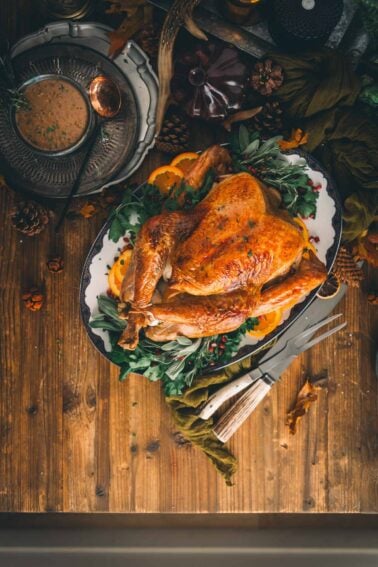A good burger should hold its shape from grill to bun to first bite. Yet at home, patties often crumble, crack, or dry out long before they hit the plate. The difference isn’t just the recipe—it’s the fat content, the handling, and the cooking method. Restaurants know the tricks, and so can you. Here’s why burgers fall apart in home kitchens—and the small adjustments that turn frustration into a firm, juicy stack worth bragging about.
Too Lean to Last

Your choice of meat plays a pivotal role in how your burger holds together. Lean cuts may seem like a healthier option, but they could be the reason why your burgers are crumbling. Lean meat has less fat, and fat is what helps bind the meat together while cooking. Without the right amount of fat, your burgers can turn out dry and crumbly.For a juicy, firm burger, opt for a cut with a higher fat content. Ground chuck, for example, has about 15-20% fat and is an excellent choice for burgers. The fat not only provides flavor but also melts during cooking, keeping the burger moist and helping it hold together. If you’re grinding your own meat, a mix of lean beef and a fattier cut like short rib or brisket can also work wonders.
Manhandling the Meat

It’s easy to overdo it when you’re mixing in your seasonings or forming your patties, but overhandling the meat can lead to a dense, tough burger. When you mix the meat too much, you run the risk of breaking down the proteins, which can make your burgers tough.The goal is to form the patties gently and handle the meat as little as possible. Distribute your seasonings evenly over the meat before gently mixing them in. When forming the patties, avoid compressing the meat. Instead, lightly shape it into a disc. Keep in mind that a loosely packed patty will result in a juicier, tender burger.
Overloaded Patties

While it’s tempting to load up your burger with a variety of flavors, adding too many wet ingredients can lead to a soggy, falling-apart mess. Ingredients like onions, peppers, or mushrooms release water during cooking, which can cause your burger to fall apart. If you’re adding these, consider sautéing them first to remove some of the moisture.Ingredients like breadcrumbs or eggs act as binders and can help hold your burger together. If you’re adding breadcrumbs, remember to balance it with a liquid such as milk or beaten egg to prevent drying out the burger. The right ratio is crucial – start with 1/2 cup of breadcrumbs and one egg for 1.5 pounds of meat and adjust as needed.
Incorrect Cooking Methods

Cooking a burger isn’t just about slapping it on the grill. The heat and how you handle the burger during cooking can also affect its texture. Cooking on high heat can cause the burger to shrink rapidly, squeezing out the moisture and making it crumble.For a firm, juicy burger, start by searing it on high heat to create a crust, then lower the heat and let it cook through. Resist the temptation to press the burger with your spatula – this will only squeeze out the juices. And remember, flipping the burger only once will help it hold together and cook evenly.
Not Letting the Burger Rest

It’s hard to resist biting into your burger as soon as it’s off the grill, but allowing it to rest for a few minutes can make a big difference. Resting allows the juices to redistribute throughout the burger, making it firm and moist.Just like resting a steak after grilling, let your burger sit for about five minutes before serving. This simple step will help your burger hold together better, while also enhancing its flavor. You can use this time to toast your buns on the grill, which will not only add flavor but also prevent the bun from getting soggy from the burger’s juices.
Hungry for more? Subscribe to our newsletter and become part of the world’s best meat community! From grilling tips to smoky secrets, we send you the best recipes, guides, and expert advice to master every cut.













